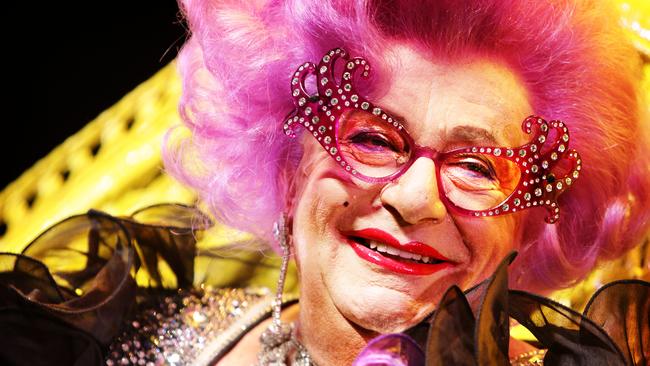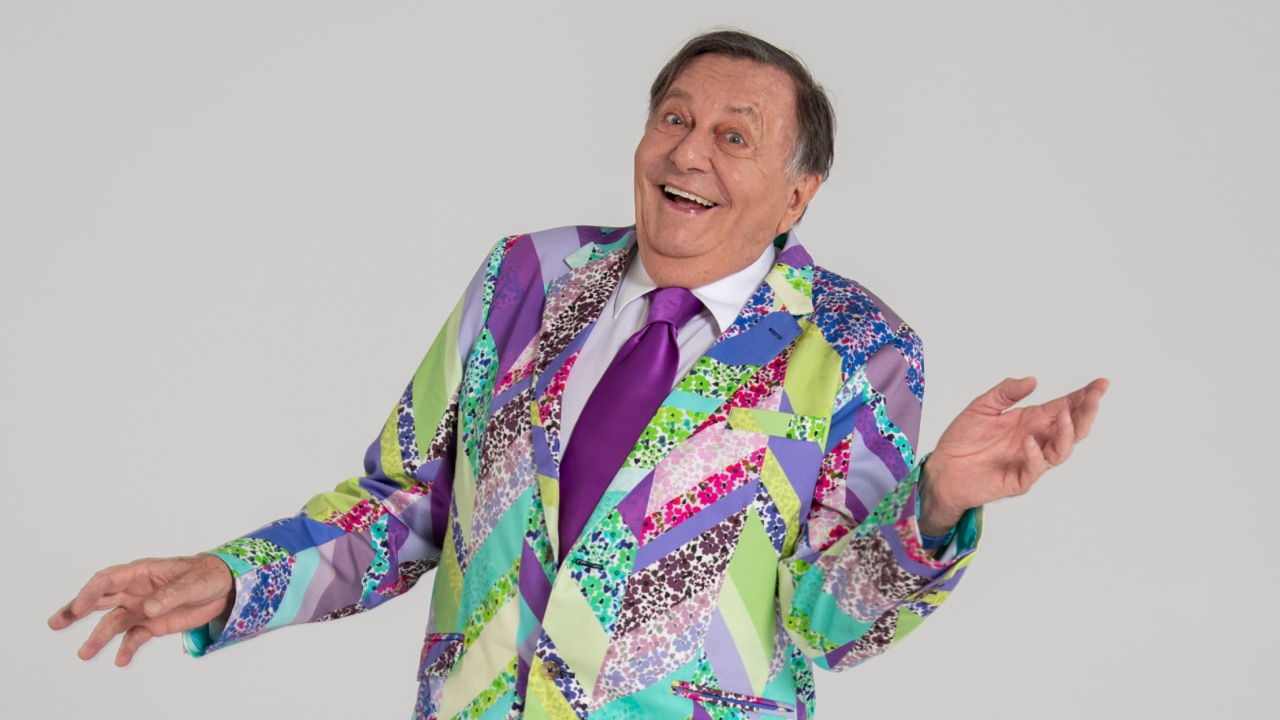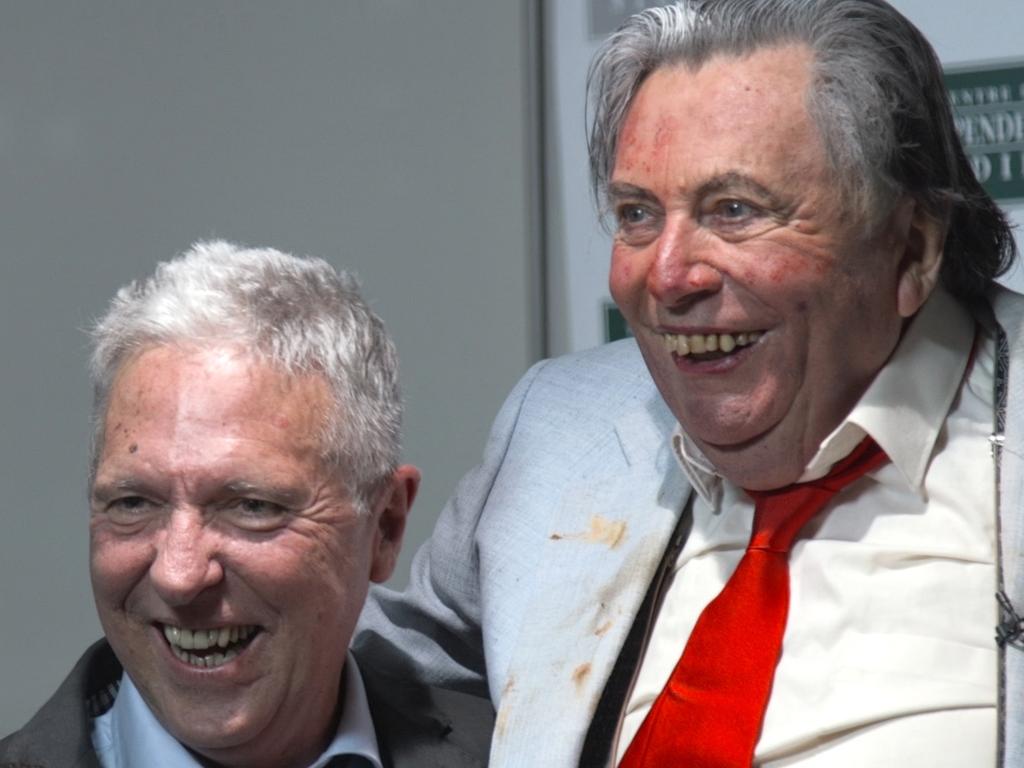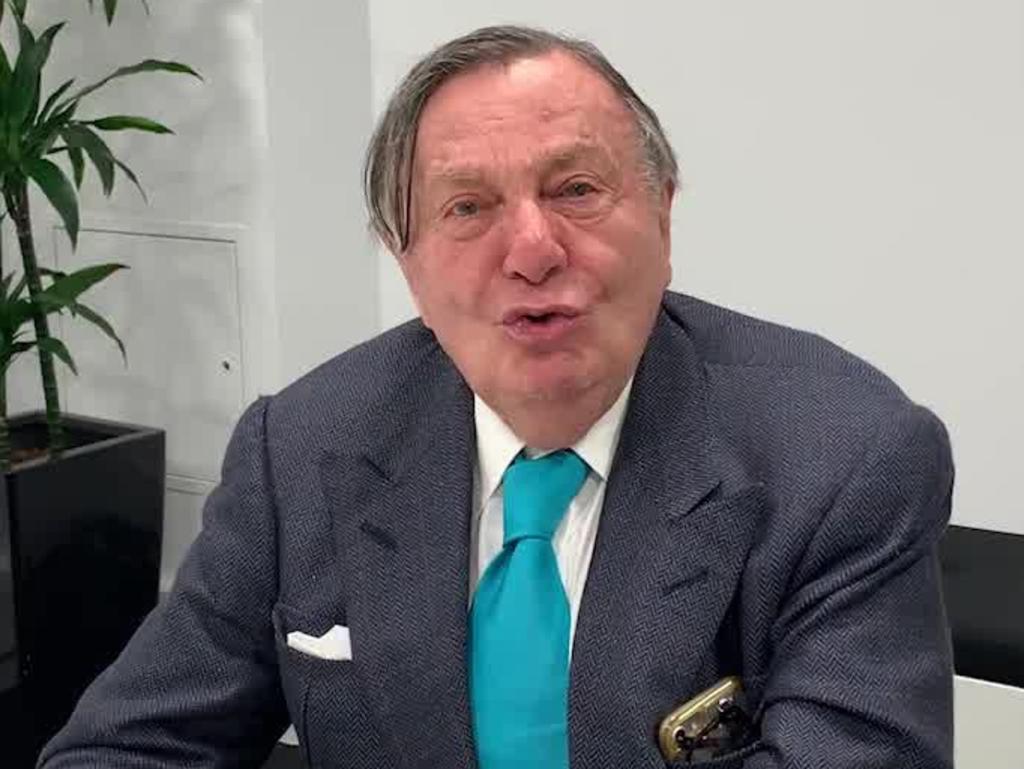
BH wasn’t the first to teach us to laugh at ourselves – consider Steele Rudd’s riotous Dad and Dave stories, Lennie Lower’s anarchic comedy, the satirical and sentimental They’re a Weird Mob from John O’Grady in the 1950s. Laughing at ourselves was always an Australian characteristic and descends from the rebellious irony of the Celts and the cockneys.
More importantly, my little sweetnesses, you’re also, a lot of you, getting a bit wrong just what BH did. My interactions with him will give you a little clue. I only met the incomparable comic genius half a dozen times, but we had some memorable conversations – memorable for me I mean.
I first got to know him through Quadrant magazine more than 40 years ago. He was for many years a member of its editorial board, attended its functions and I believe helped it with fundraising. He was a great friend of two men at the heart of Quadrant, the philosopher David Armstrong, and the sometime Quadrant editor, Peter Coleman.
In those days I was working for the Bulletin magazine and writing a lot about communists in the union movement. Humphries sent a request through the Quadrant office. Could I help him with some research and insights into Norm Gallagher, the Builders Labourers Federation, and the Maoist tendency in Australian communism, the folks who controlled the BLF? I readily complied. My memory is only a tiny speck of this stuff got into his show, but great comics, like novelists, or even journalists, pick the telling detail from a mass of material.
He thanked me pretty generously at the next Quadrant function. Now, you think of Quadrant as a conservative journal. But it was then, as now, literary, witty, artistic, intellectually heavyweight, deeply anti-communist and liberal conservative. That really also describes Humphries’ politics.
Though he was often outrageous, he was surely no leftie. In an interview later in his life, I even heard him say that he felt he’d misjudged suburban Australians, that many of them led lives of purpose, heroism, depth and human drama, and he, the performer, had been shallower than they.

I agree absolutely that Humphries was a unique comic genius. But it’s completely wrong to think that in any way he stood against Australian life. This comes from a popular, deep misunderstanding of the nature of satire, for satire not only mocks and lampoons, it ultimately affirms as well. Sinclair Lewis satirised middle American life in classic novels like Babbitt. At the end of Babbitt, the protagonist, who briefly and disastrously abandons the conservative, small-town conventions by which he’d mostly lived, returns to his wife and his old life. Despite at times savagely satirical treatment, Lewis cannot help liking and even a little admiring Babbitt, and his return to convention is a personal salvation.
John P. Marquand satirised wealthy Boston life nearly a century ago. His greatest novel H.M. Pulham, Esquire, is a story of a conservative man choosing duty over passion. In the end, the novel admires the choice and admires the man.
I last met Humphries at a hotel in Newcastle a couple of years ago and he displayed, as ever, a keen interest in columns I was writing about international issues and Australian politics.
Most of Humphries’ characters weren’t like Lance Boyle. There was so much fun in them. Ultimately Humphries affirmed Australia, deeply affirmed it.
And he was certainly no leftie, possums.








Possums, you are barking up the wrong gum tree, if I can daringly Madge-like mix my metaphors a teensy bit, in the way you’re interpreting Barry Humphries.